Free event to highlight kid compositions and musical surprises
By Melissa Arnold
Music has a way of moving us both physically and emotionally. Regardless of culture, language or age, the right song can make just about anyone smile.
For more than 20 years, the Stony Brook University Symphony Orchestra, an all-student ensemble featuring undergraduate and graduate music majors as well as qualified non-music majors, has put on a special Family Orchestra Concert, aiming to instill an excitement for music in children while bringing generations together. The free event returns to the Staller Center for the Arts at Stony Brook University on Tuesday, Feb. 28.

Conductor Susan Deaver works hard each year to dream up a fun and creative theme for the performance. Some are obvious — recent concerts have focused on contrasts or weather, to name a few — but others are more subtle.
This year’s theme, “Musical Surprises,” will challenge the audience to listen for something unexpected in each piece.
“Everybody likes surprises, right?” joked Deaver, who’s been with the university since 2000. “There are a few ways we’ve included surprises in this show. For example, we have two [portions] from Sir Edward Elgar’s ‘Enigma Variations,’ which offer surprising changes in mood and tempo. There’s also ‘Thunder and Lightning’ [by Johann Strauss II], which reflects the surprise of being caught in a sudden thunderstorm.”
The concert includes both recognizable and lesser-known pieces, but the majority are short to provide as much variety as possible. And the program is just an hour long, helping to keep the littlest concertgoers happy while getting everyone home at a decent time. It is a school night, after all.
A surprising new addition to the program this year are mini-melodies composed by young orchestra students in the community.
Elementary school musicians from the Hauppauge Public School District have attended the concert for the past several years as a nighttime field trip. Interest in the concert continues to grow, and this year, Deaver approached music teacher Timerie Gatto with an exciting idea.
“There are three elementary schools in Hauppauge, and each one has an orchestra. We started with each child bringing one parent to the concert, so that they could all see what a future in music can look like if they work at it. Now we are also involving younger siblings,” Gatto said.
“Susan Deaver is fantastic, she interacts with the audience and does whatever she can to help the kids develop a greater appreciation for music. This year, she asked if my students would make up melodies for the orchestra to play!”
With the help of classroom iPads, students were able to compose, hear and perform their own one-line melodies.
“It’s been an impressive experience for me, watching them develop their own titles and musical ideas. Some kids even put groups of notes into chords and developed more complex syncopated rhythms,” Gatto said.
The orchestra is comprised of about 75 university students from diverse backgrounds and fields of study. Among them is 20-year-old Elvina Liu, a senior music major from Auckland, New Zealand. Liu is also the orchestra’s concertmistress — a lead violinist who serves as liaison between the orchestra and conductor.
Liu will perform a solo from Mozart’s “Concerto No. 4 in D Major,” which she said can be surprising in its own way.
“I think classical works, such as this Mozart concerto, are commonly perceived as pieces that don’t allow for a lot of freedom in interpretation. A lot of teachers and musicians believe that there are certain elements that have one “correct” way of being played, which is a pretty outdated way of tackling these pieces in my opinion,” Liu explained. “I do make a great effort to respect Mozart’s writing and stylistic ideas, though I admit that I enjoy testing the limits and boundaries when I play. Sometimes I surprise myself in the moment as well!”
Liu and Gatto agreed that music provides children opportunities for development, self-expression and community in a way little else can.
“Music is one of those things where it doesn’t matter how bright, strong or fast you are. It’s accessible to all kinds of people regardless of their ability, and it offers the chance to connect with others in a nonverbal way,” Gatto said.
Stony Brook University’s Staller Center for the Arts, 100 Nicolls Road, Stony Brook will host the annual Stony Brook Family Orchestra Concert on the Main Stage on Tuesday, Feb. 28 from 7:30 to 8:30 p.m. Admission is free and tickets are not required. Children of all ages are welcome. For more information, call 631-632-7330 or visit at www.stonybrook.edu/music.

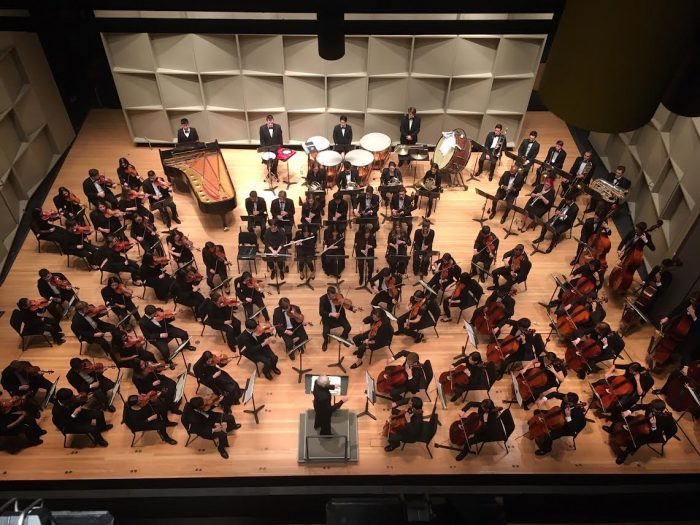
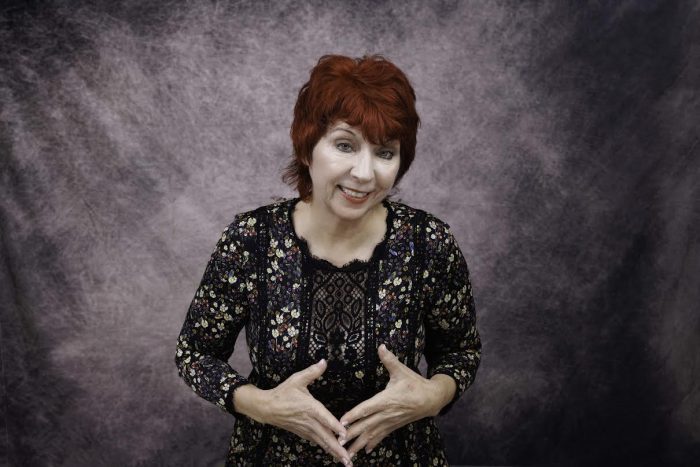
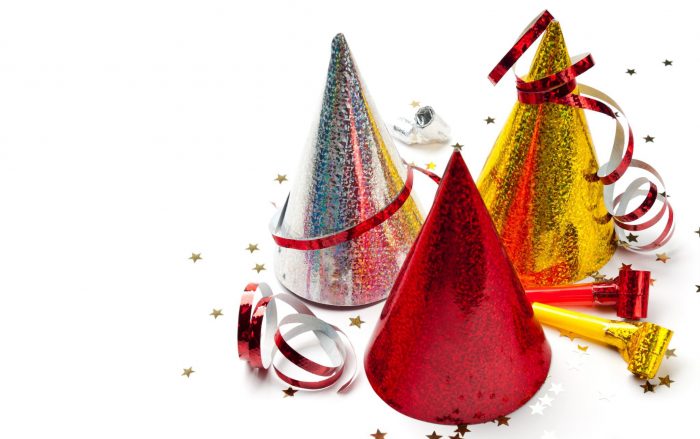
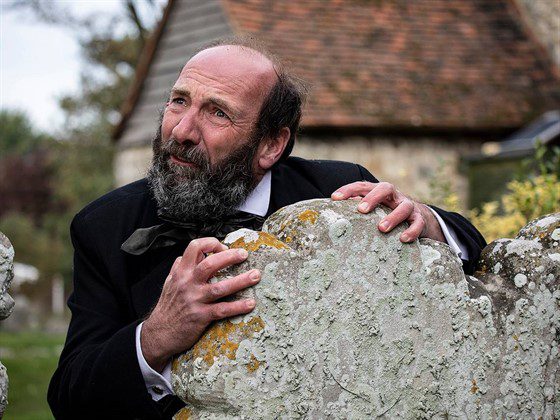
 The performance comes in the midst of the center’s Vic Skolnick Life of Our Cinema Campaign, an annual fundraising effort to support programming for the coming year, said Nate Close, CAC’s director of marketing and communications. He added that they like to host events during the fundraiser that are intriguing and fun for a broad audience to enjoy. “It’s always great to see theater performed live, especially when we typically broadcast theatrical performances on-screen here. The theater seats around 190 people, so it will be an intimate performance and we’re expecting a great turnout.”
The performance comes in the midst of the center’s Vic Skolnick Life of Our Cinema Campaign, an annual fundraising effort to support programming for the coming year, said Nate Close, CAC’s director of marketing and communications. He added that they like to host events during the fundraiser that are intriguing and fun for a broad audience to enjoy. “It’s always great to see theater performed live, especially when we typically broadcast theatrical performances on-screen here. The theater seats around 190 people, so it will be an intimate performance and we’re expecting a great turnout.”
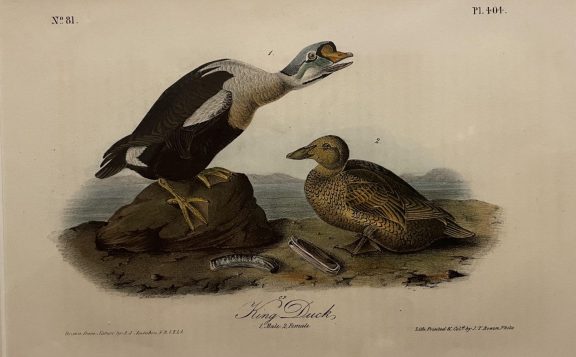






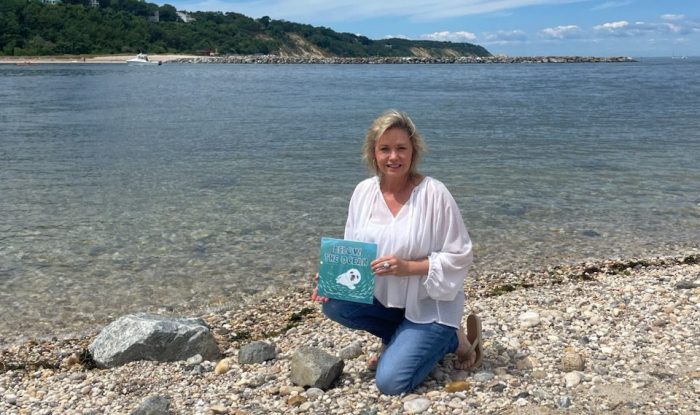
 “You have to be careful with nature, because once you lose it, it’s really hard to get back,” said Anker. “And we’re seeing so much of that loss all over the world, not only in woodland but in wildlife.”
“You have to be careful with nature, because once you lose it, it’s really hard to get back,” said Anker. “And we’re seeing so much of that loss all over the world, not only in woodland but in wildlife.”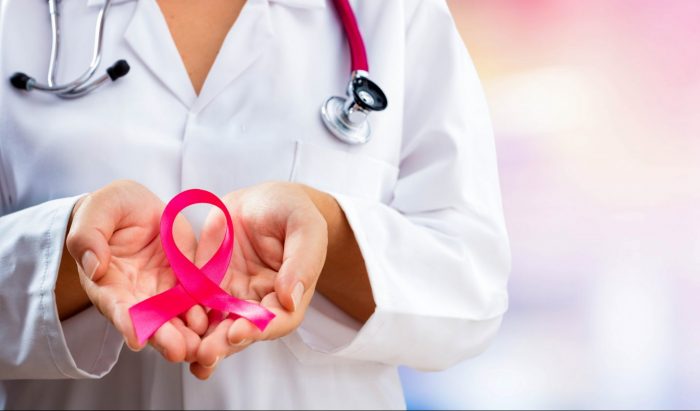
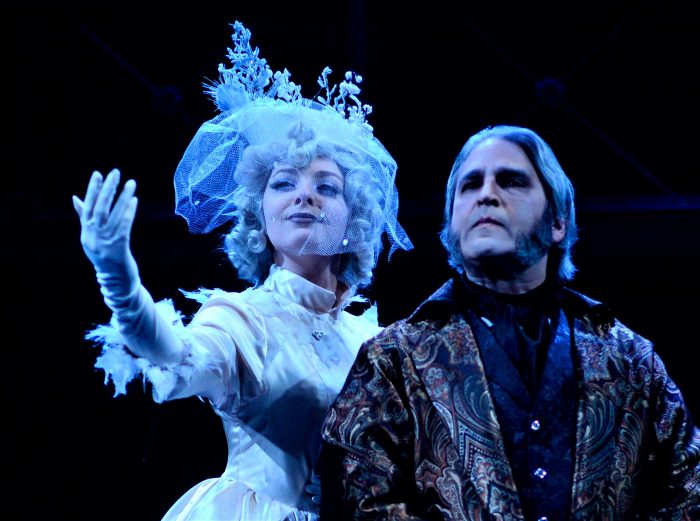
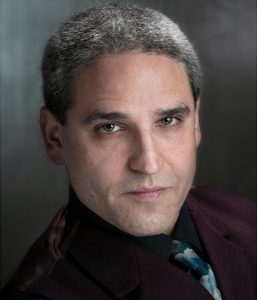


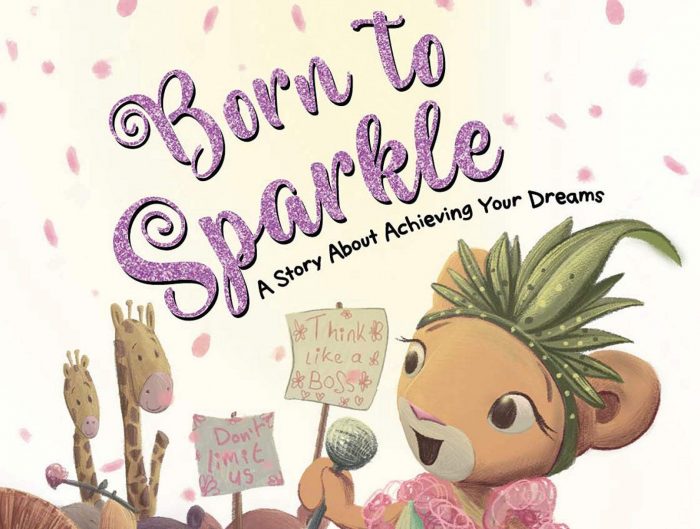
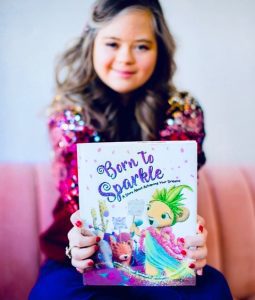

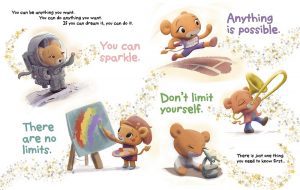 What did you like about putting the book together?
What did you like about putting the book together?  What was it like when you got the finished book?
What was it like when you got the finished book?




